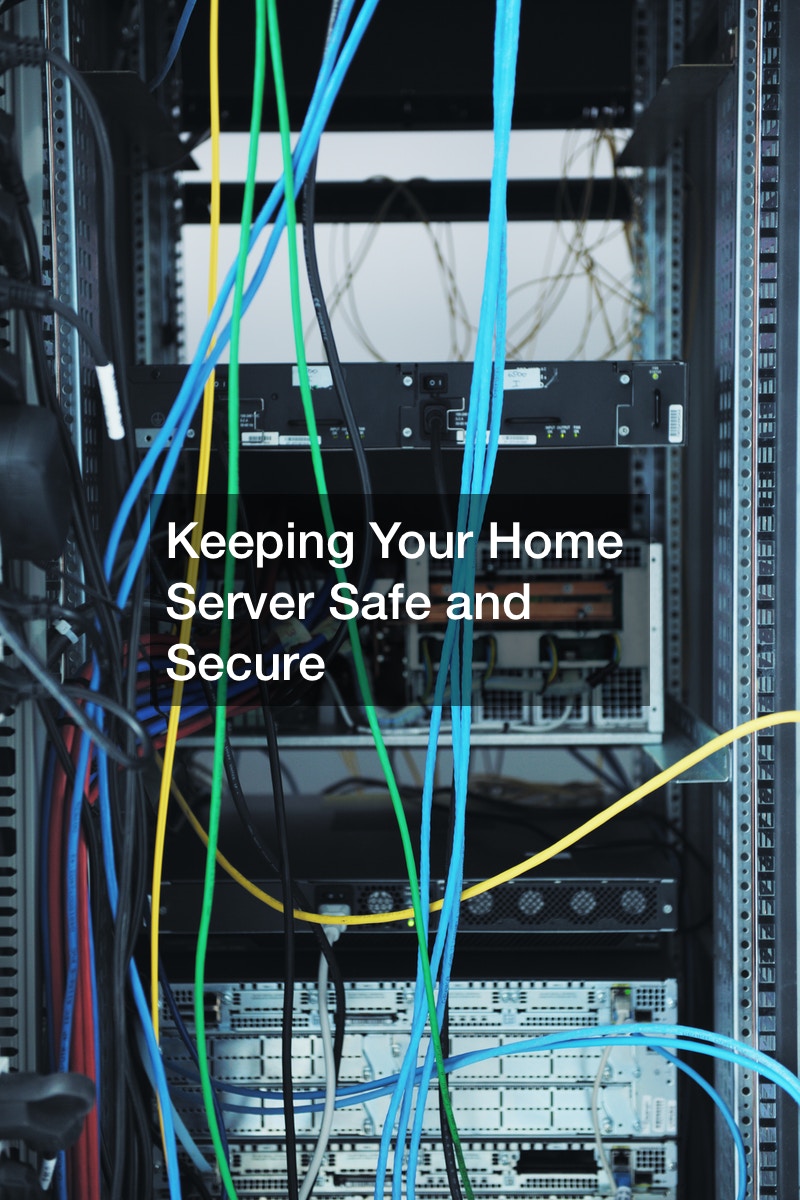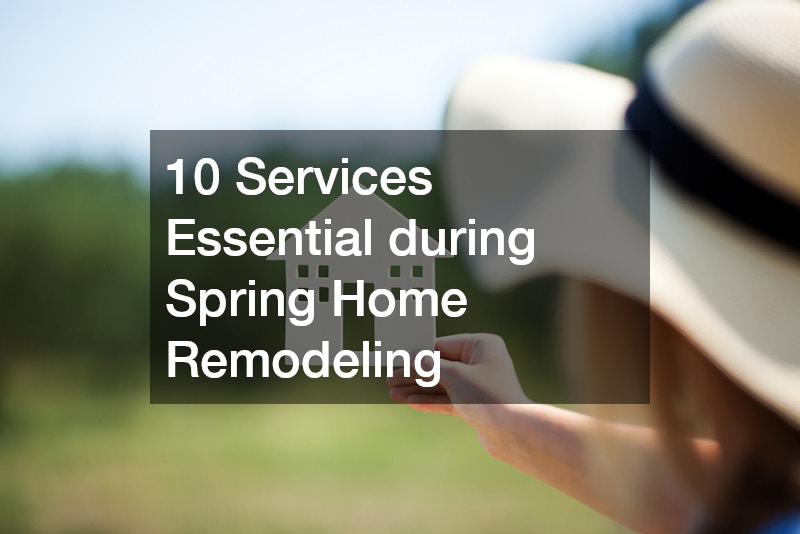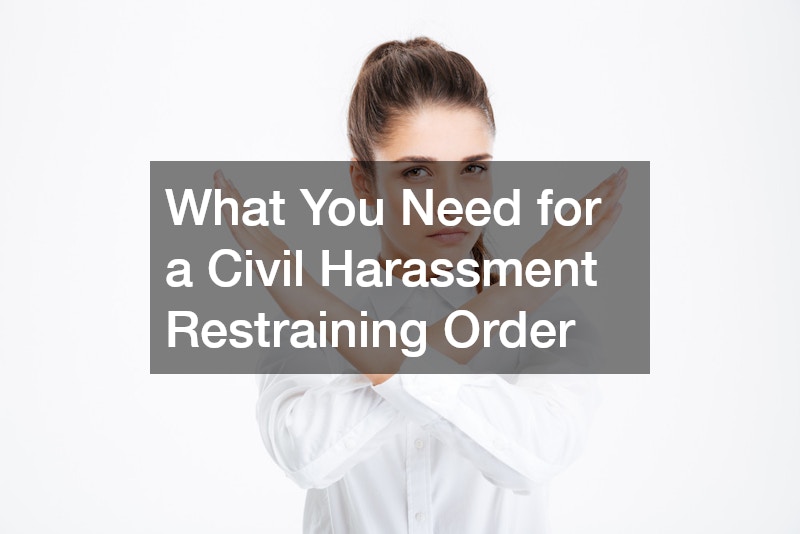Knowing another name for a server might help you research the topic more carefully. Another name for computer server areas is the mainframe. You’ll probably see that in lots of technical writing related to a managed hosting service.
In some cases, the term that supposedly qualifies as another name for server will actually refer to something that is close, but that is still technically different. Some technical writers are trying to oversimplify everything for a more general audience, which can cause them and the audience members to make some mistakes. Still, it is useful to know another word for computer server at any point, since you will be more informed about what it is that you’re using.
Lots of people will use their computers for years without truly understanding all their intricate aspects. People sometimes are confused about the difference between the Web and the Internet, for example. These days, the differences between lots of different computer terms are starting to become less obvious. Still, being a more informed computer user will help the people who are trying to make sure that their systems work as well as they can. They will be better consumers and computer users that way.
Several homeowners and gamers across the world have invested in their very own home servers. These servers can be dedicated to simply providing a working server for clients, or to games like Minecraft, Rust, or Ark: Survival Evolved. There is quite a bit of responsibility in server hosting, beginning right from the decision to make one. It isn’t too difficult to turn an old PC into a working server, but it does take dedication.
When you finish this project, you want your new home server to be secure. This video shares some tips and tricks on how to protect your home server’s privacy.
Clearly, several people invest in home servers for the sake of privacy itself. If they bring the server to life and immediately make a wrong decision, however, this privacy can be compromise in an instant. This home server owner recommends that server hosts only open the ports they need, which are primarily 80, 443, 1194. He also encourages using a 3rd party service like CloudFlare for DNS and DDOS protection. These services often have free firewalls and free SSLs as well. Finally, always backup your server to prevent data loss.
.






